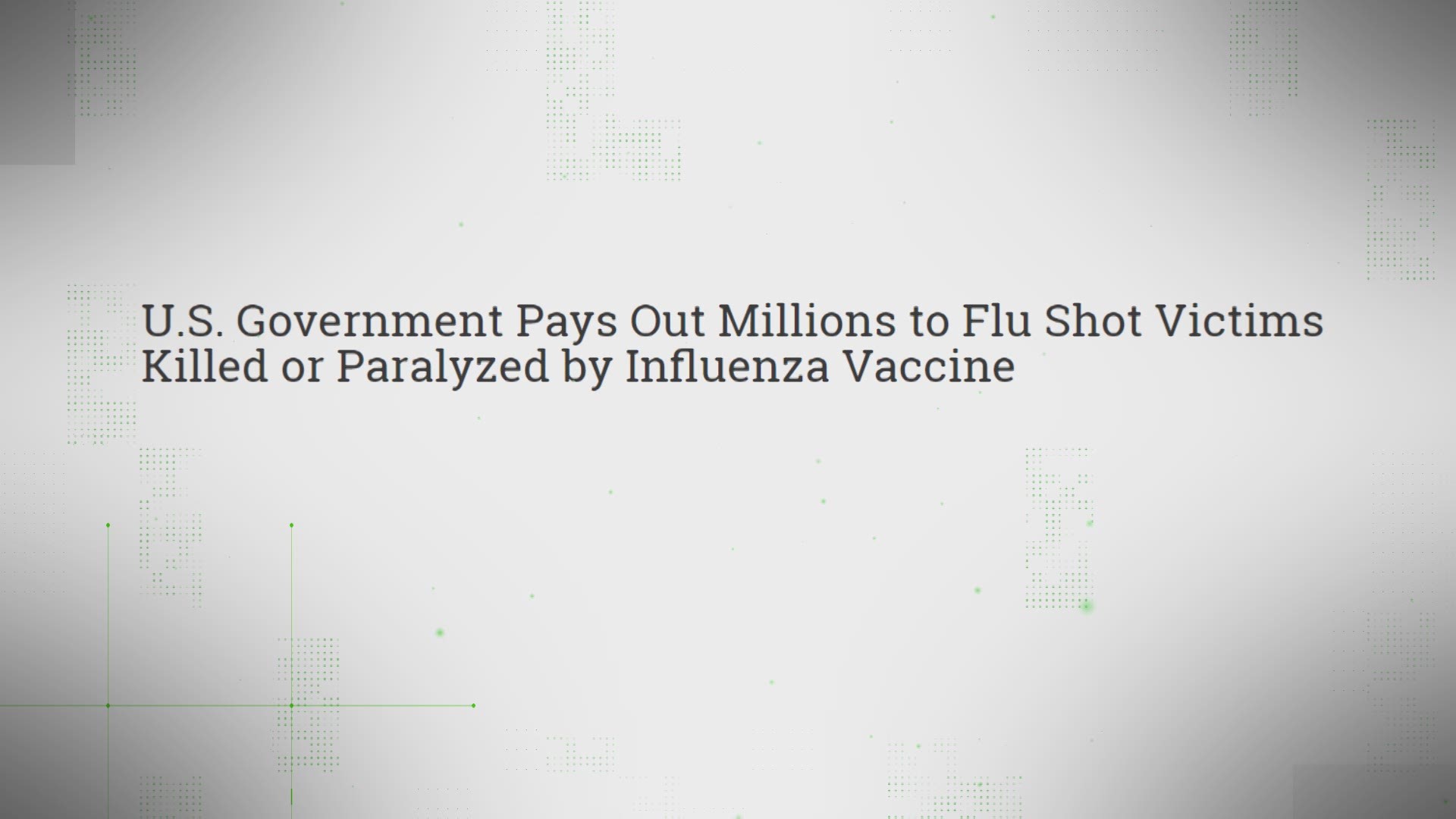VIRGINIA, USA — The Virginia Department of Health is encouraging all Virginians over 6 months old to get their flu shot!
The 2019-2020 flu season is already underway. Health officials met on Friday to highlight the importance of the vaccine and to get flu shots themselves.
Flu season, the period of highest influenza activity, normally begins in October and ends in late May. Even though the Centers for Disease Control and Prevention advises that vaccination by the end of October is preferred, vaccination in November and after can be beneficial during most flu seasons, since influenza activity usually peaks in January or later.
“As a physician, I applaud all Virginians who have already received their flu vaccine and encourage those who haven’t to make time to get their flu vaccine as soon as possible,” said Secretary of Health and Human Resources Daniel Carey, M.D. “It’s not too late to vaccinate against this serious illness. Protecting yourselves, your family and your community against the flu starts with getting vaccinated.”
On Friday, flue activity was at a "local" level, which means that there has been lab activity with either elevated influenza-like illness or more than one outbreak in one region of the state.
In addition to being vaccinated, The Virginia Department of Health said everyone should follow a few guidelines to avoid getting sick or spreading illness to others:
- Avoid close contact with people who are sick. When you are sick, keep your distance from others to protect them from getting sick too.
- Stay home when you are sick to prevent spreading your illness to others.
- Cover your mouth and nose with a tissue when coughing or sneezing.
- Clean your hands – with soap if available, or if soap and water are not available, use an alcohol-based hand rub.
- Avoid touching your eyes, nose or mouth. Germs are often spread when a person touches something that is contaminated with germs and then touches his or her eyes, nose, or mouth.
- Practice other good health habits, like cleaning surfaces, getting plenty of physical activity and sleep, staying hydrated and eating nutritious food.
Click here for more information about seasonal influenza and flu vaccinations.

